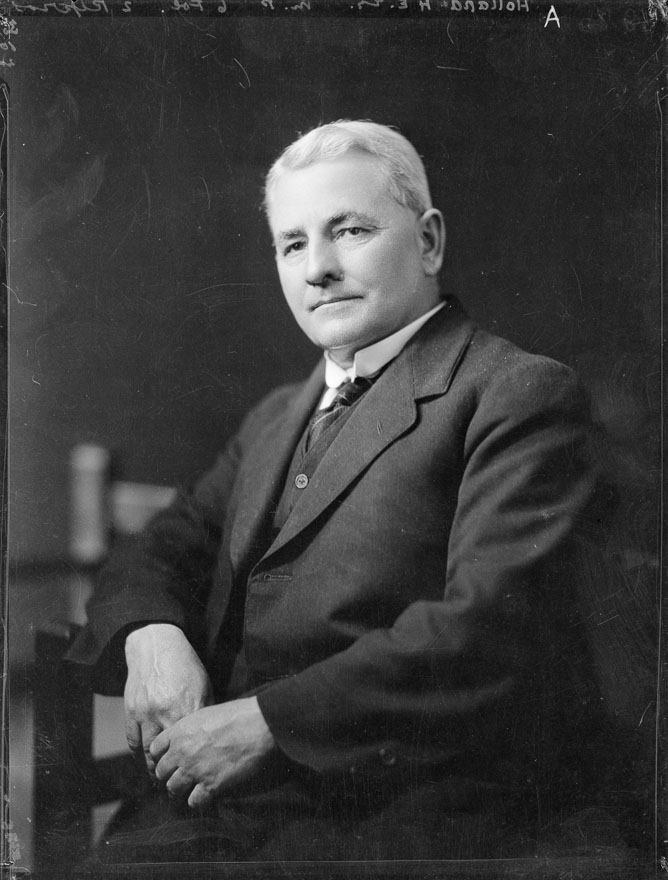 An Entirely Predictable Confrontation: The news media's insatiable appetite for conflict is redefining the meaning of both protest and free speech. The alleged "right to offend" one's fellow citizens (and their guests) threatens to obscure the original justification for free speech: i.e. the benefits that accrue to the whole of society when citizens are able to challenge state-defined "reality" without losing their lives, liberty or property.
An Entirely Predictable Confrontation: The news media's insatiable appetite for conflict is redefining the meaning of both protest and free speech. The alleged "right to offend" one's fellow citizens (and their guests) threatens to obscure the original justification for free speech: i.e. the benefits that accrue to the whole of society when citizens are able to challenge state-defined "reality" without losing their lives, liberty or property. RUSSEL’S TUSSLE with Chinese Vice-President Xi Jinping’s security detail raises some very interesting questions about the meaning of protest. It also shows how the news media’s insatiable appetite for conflict is fundamentally re-defining the nature of protest action.
Before going any further, however, we’ll need a working definition of both the noun and the verb. What is "a protest"? And, what does it mean "to protest"?
Put simply, protest is about registering your objection to and/or expressing your disapproval of someone or something. A protest can be individual, or it can be collective, but essentially the protester is saying: "I don’t like this."
Protest can take a wide variety of forms. From the formal, carefully argued diplomatic protest delivered by an ambassador, to the angry torching of a foreign embassy by a frenzied crowd.
The news media, however, is redefining protest. Rather than use the term in relation to objection and disapproval, it prefers to present protest in terms of provocation, confrontation and agitation.
From being a statement or demonstration of disagreement, protest is now regarded as something very close to an act of aggression.
This dangerous new definition of protest encourages the notion that any individual or group which sets up a confrontation between themselves and their opponents is guilty of nothing more than exercising their "freedom of speech". Even when it is clear that the confrontation has been carefully engineered to provoke its targets into doing something they will later regret, the protagonists insouciantly argue that this, too, is the protesters’ "right".
But the conflation of the right to free speech with confrontational and provocative political behaviour allows those responsible for what would normally be regarded as profoundly unethical acts (such as burning down an embassy) to escape all moral sanction. Basically, if you’re "making a protest" – you can do whatever the hell you like.
This position is morally indefensible. It is simply untenable to argue that political acts can be conveniently separated from their consequences. With rights come responsibilities: the right to free speech doesn’t include the freedom to shout "Fire!" in a crowded theatre.
Protest always occurs within a political context: a unique set of circumstances that the ethical protester is obliged to consider when deciding upon the nature of the protest he or she wishes to make.
What were the major elements of the political context in which Dr Russel Norman’s tussle took place?
Most obvious were the deepening economic and cultural ties between New Zealand and the Peoples Republic of China. That Mr Xi, one of the most powerful men on the planet was here, on New Zealand soil, is a sign of how large this nation now looms in China’s diplomatic calculations. The very real benefits for New Zealand’s economic welfare already flowing from this relationship are considerable.
Against these benefits Dr Norman entered the claims of the "Free Tibet" movement. Highly contentious, politically dubious, and hotly disputed by Chinese historians, these claims counted for more – in the minds of the Greens’ leadership – than increasing the good-will already fostered between the New Zealand and Chinese peoples by successive governments.
Well, that was their choice to make – as was the manner in which they drew attention to those claims. Dr Norman, as a parliamentarian, could have made a speech in the House of Representatives. He could have written an article protesting the treatment of Tibetan dissidents for the op-ed pages of the daily newspapers. He could even have done what his predecessor, Rod Donald, did and stand at a respectful distance from his country’s guests, holding aloft the Tibetan flag in a silent and dignified gesture of disapproval and solidarity.
But that is not what Dr Norman chose to do. Instead, he enthusiastically bought into the news media’s definition of protest and took up a position which any sensible person could have predicted would provoke a strong reaction from the Chinese Vice-president’s security guards and which would, almost certainly, lead to a physical confrontation.
Dr Norman has justified his actions in terms of defending democracy against totalitarianism.
I don’t buy it.
All I saw were the actions of an ambitious politician, whose shrewd judgement that confrontation wins more screen time than reasoned dialogue persuaded him to provoke the Chinese into giving him the wall-to-wall coverage he was seeking.
Russel’s tussle wasn't a protest, it was a media event.
This essay was originally published in The Dominion Post, The Timaru Herald, The Taranaki Daily News, The Otago Daily Times and The Greymouth Evening Star of Friday, 25 June 2010.








